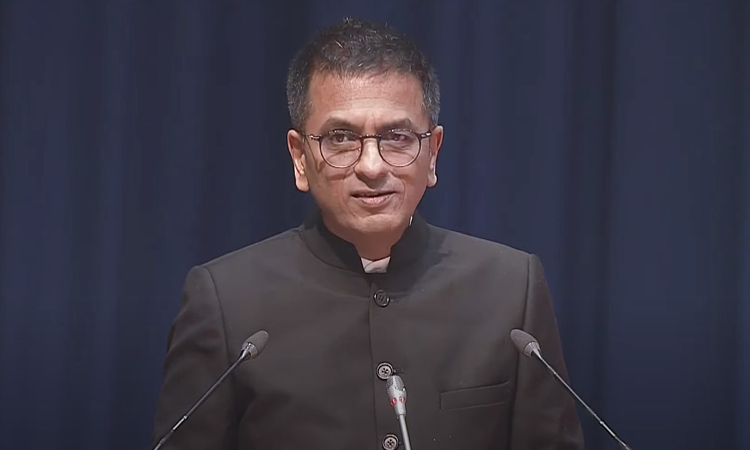The Indian Constitution was a feminist document, as well as an egalitarian socially transformative document in that it marked a stark departure from the colonial and post-colonial legacy by introducing universal adult franchise to the marginalised and the dispossessed sections of the people right from its inception, Chief Justice D.Y. Chandrachud said on Friday. He noted with pride,...

